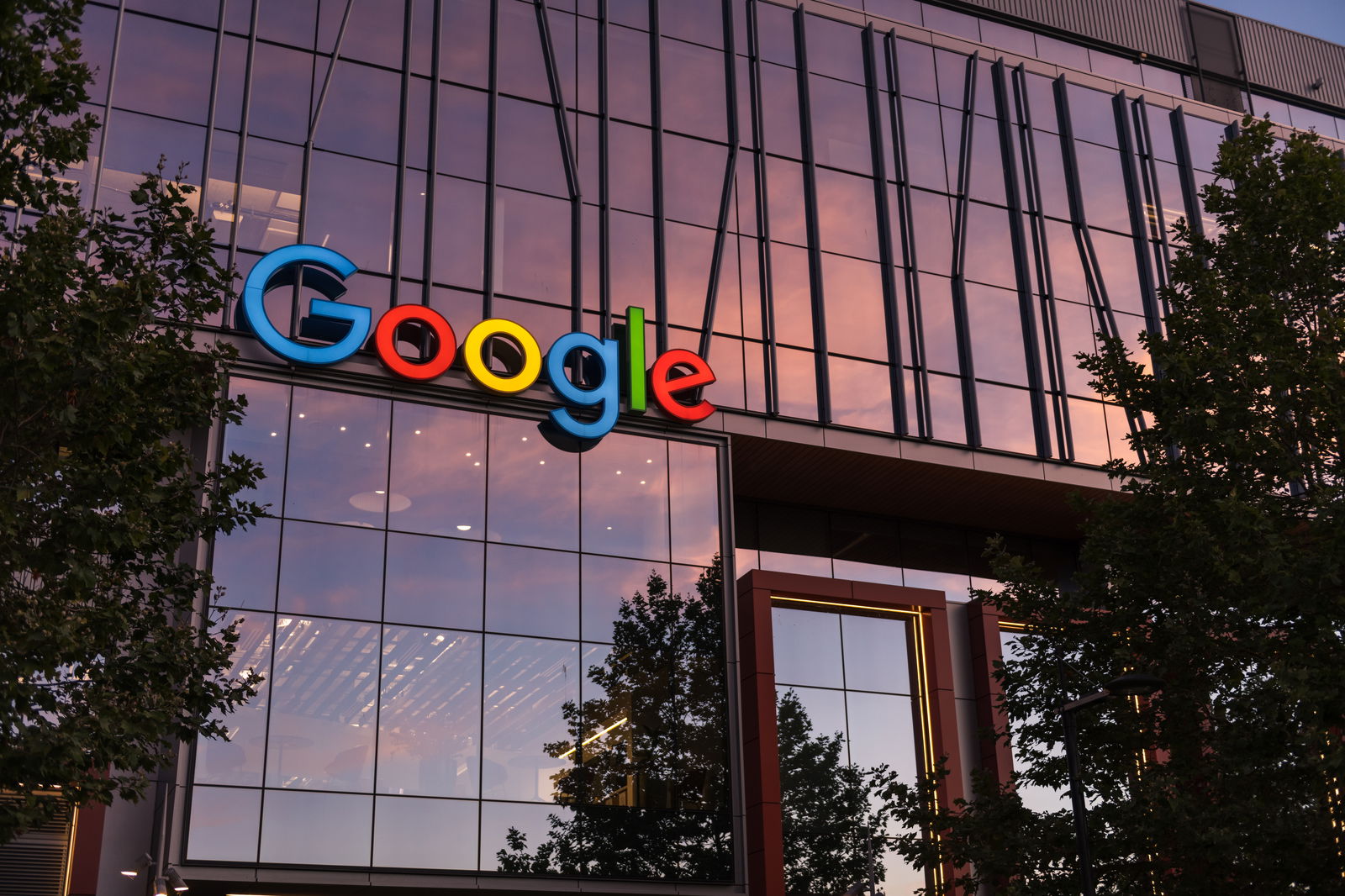
March 9, 2024
Google Faces Discrimination Lawsuit From Black And Deaf Employee Jalon Hall, Alleging Racial And Disability Bias
Jalon Hall alleges that while Google portrayed her as a symbol of its diversity, the company exhibited racial and disability-based bias toward her.
Google’s first and only Black and deaf employee, Jalon Hall, has filed a discrimination lawsuit against the tech giant, alleging racial and disability-based bias, according to Wired. Hall, initially hired as a content moderator for YouTube videos, claims that Google failed to provide reasonable accommodations including sign language interpretation, leading to difficulties in her role.
Hall’s journey with Google began in 2020, when she joined a new in-house moderation team called Wolverine, based in suburban Detroit. Despite assurances of sign language interpretation during the hiring process, Google allegedly restricted Hall’s access to an interpreter, citing confidentiality concerns. That limitation significantly impacted her ability to perform her duties as a content moderator for YouTube.
In December 2022, Hall filed a discrimination lawsuit against Google, citing racism and audism, or prejudice against the deaf or hard of hearing. Google responded by seeking dismissal on procedural grounds, arguing that the claims were brought too late. The company did not directly address Hall’s accusations.
Despite Google’s public image of inclusivity and diversity, Hall’s experiences reveal challenges faced by employees who are Black or disabled at the tech giant. Google, which has a workforce of nearly 183,000 people, has been criticized for an internal culture that tends to favor individuals who fit traditional tech industry norms.
Hall’s allegations were supported by over two dozen internal documents seen by Wired and interviews with colleagues. She also said Google used her in public and online platforms as a representative of a diverse workplace.
Last year, she was praised on the company’s LinkedIn for “helping expand opportunities for Black Deaf professionals!” while Google’s Instagram account thanked her “for making #LifeAtGoogle more inclusive!” Hall stated to Wired, “Google is using me to make them look inclusive for the Deaf community and the overall Disability community. In reality, they need to do better.” She asserted that the company not only denied her access to a sign language interpreter but also deliberately delayed essential tool upgrades.
The lawsuit sheds light on the broader issue of the underrepresentation of Black and disabled employees at Google. Black women, who constitute approximately 2.4% of Google’s U.S. workforce, reportedly leave the company at a disproportionately higher rate than women of other races.
Google’s response to Hall’s lawsuit included arguments for dismissal based on procedural timing, but the company did not refute the specific allegations. The case brings attention to the need for companies like Google to reassess their commitment to creating an inclusive workplace, especially for individuals with disabilities.
Hall, who remains at Google in the hope of instigating positive change, has become an advocate for the Black deaf community within the company.
RELATED CONTENT: Google Purchases An AI Product From This Black-Woman-Owned EdTech Company